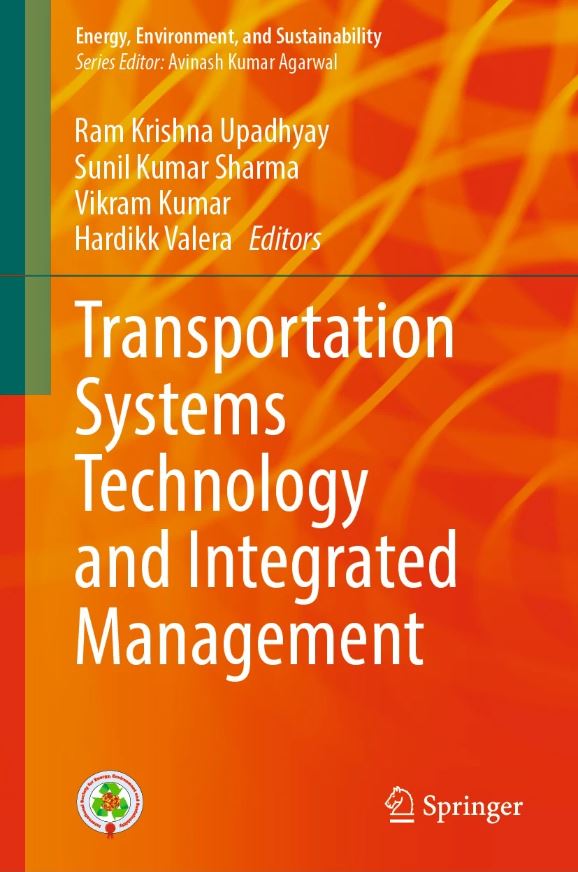 Abstract
Abstract
In the last years, the pressure to reduce greenhouse gas emissions considerably increased, mainly due to the new policies to achieve an energy transition, contributing to climate change mitigation and minimization of the damage caused by global warming. This ongoing energy transition accelerated the search for new clean forms of energy production, such as those using renewable sources. Regarding the transportation sector, many research works are being conducted toward the use of renewable hydrogen, which is the denomination for the hydrogen produced by renewable and/or clean resources without CO2 emissions. Traditionally, hydrogen production is made from fossil fuels, mainly through natural gas reforming and coal gasification. However, the mastery and expansion of renewable sources technologies, and hence its cost reduction, have allowed their usage in the production of hydrogen through many different other processes, potentially contributing to a decarbonization of the global economy. Examples of such renewable sources are: renewable biomass and biofuels, solar photovoltaic, wind power energy, and hydroelectricity. This chapter aims to present an overview of the literature regarding the renewable hydrogen production routes, indicating: the different possible renewable sources and their respective participation in the production process, the most common method for producing renewable hydrogen and which route has become more affordable. Also, the current applications and possible markets for the hydrogen and its subproducts in the transportation sector are addressed. Finally, the important hurdles to produce renewable hydrogen and its derivatives, in addition to how they limit initiatives and investments in the technology, are discussed.
Link para a publicação orginal: Opportunities and Challenges for the New Hydrogen Economy: Advances in Renewable Hydrogen | SpringerLink
